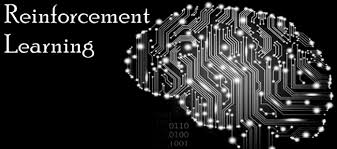Source: fields.utoronto.ca
Covid-19 has resulted in the mathematical modeling community to come together to produce a wide range of analyses, forecasting and scenario modeling efforts. In our work, we propose a novel approach by using Reinforcement Learning (RL) to answer the question: “What agent behaviours reduce the spread of Covid-19?”. This is done through creating an agent based simulation environment and modeling the environment as a multi-agent Markov Decision Process (MDP). By providing the freedom of agents to select their own actions and learn from their experiences, this Machine Learning approach allows agents to learn behavioural policies that reduce the spread of Covid-19. These behaviours can be mined and conditioned on demographic attributes for analysis, with the hopes of providing a more granular analysis to inform public health policy makers. Our environment is built using open data from Statistics Canada (census, surveys) and can be modified to a particular country or region. In this presentation we cover the mathematical framework of MDPs, discuss the agent environment, data sources and analyze the results both in terms of what behaviours the agents learn, but also the reduction in spread of Covid-19 over various baselines. We discuss the generality of our approach and how it can be modified as our understanding of the infection changes.
This work is a collaborative effort between different divisions within Statistics Canada. Nicholas Denis, Blair Drummond, Alex El-Hajj and Krishna Gopaluni are data scientists/data engineers within the Data Science Division (DScD) of Statistics Canada. The DScD provides modern data science solutions to clients using cutting edge machine learning techniques. Yamina Abiza is a member of IT Operations Data Science and Data Engineering Service, Statistics Canada, which works together with data scientists to provide platform solutions and tools combined with efficient and robust development/data engineering skills to advance data science objectives at velocity. Deirdre Hennessey is a member of the Health Analysis Division, Statistics Canada, providing high quality, relevant, and comprehensive information on the health status of the population and on the health care system.


